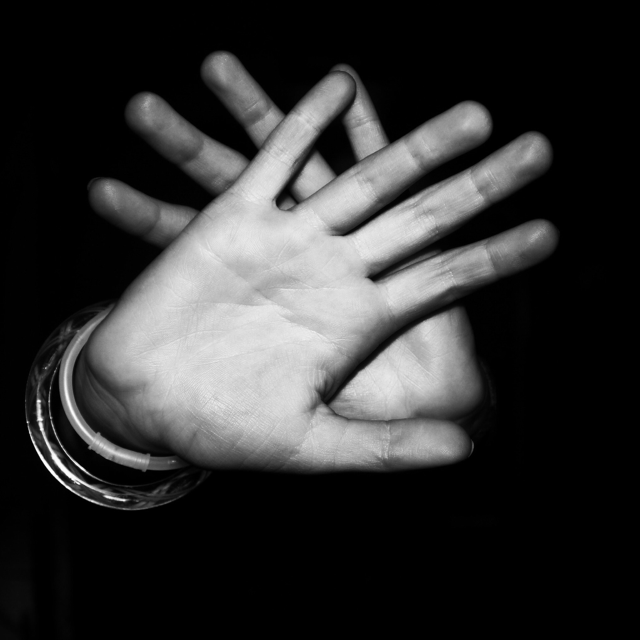
The ability to say no is a necessity. Saying it well is an art. Few people possess the skills to do both, and the rest of us need to practice.
A friend of mine recently lost her mom, so when she turned my invitation down for an event, I understood. She’s said she’s been saying no a lot. She also said that if she wasn’t engaged in our friendship as much, she was sorry. She was so sincere and thoughtful that it turned out to be one of the nicest no’s I’d heard in a while.
In contrast, another friend who’s been going through tough times with her family simply stopped communicating. Total radio silence. This was an indirect no, and while valid, felt uncomfortable.
People handle things differently, and I try to respect their choices, even if it hurts. I remind myself of what they’re going through and that they must do what it takes to find their bearings.
But saying no in more everyday situations can still be a challenge.
The fact is that saying no is uncomfortable for most people, but saying yes just out of politeness or obligation can leave an unpleasant aftertaste flavored with resentment. Yet we give in more often than we’d like.
When faced with a choice to say no even in the more mundane situations, like the “free” offer I don’t want, the party I cannot make, or even the junk food I’ve promised myself I won’t eat but really want to, I’ve found that a more thoughtful no is worth using when possible. And it is often possible.
A thoughtful no can lessen the discomfort for both giver and receiver. Suddenly, you’re moving from debating, worrying and rationalizing, to being honest, thoughtful and more comfortable. When it’s not as great of a discomfort, it becomes less challenging to do the next time. And the receiver? Even if a yes was greatly desired or, as often is the case, expected, a thoughtful no works to preserve your connection with them.
What exactly constitutes a thoughtful no? A few ideas that come to mind:
- Honesty – not details, and as much is appropriate
- Your intentions, and
- Respect for the person asking as well as yourself
Maybe the timing isn’t right, perhaps you have other priorities you need to focus on, maybe you’ve already said yes to someone else, or the fact that you don’t want to make promises you can’t keep.
Arguably, it’s a better alternative to saying yes out of obligation and feeling resentful, to saying no in a curt, offhanded way that erodes, or the always easy, usually unwarranted, rude NO.
And when it comes to more personal choices or life decisions, like standing at a crossroads or considering opportunities for impact or value, there’s my increasingly-favorite, Derek Sivers’ way: If it’s not a HELL YEAH, it a no.
People seem to have a real challenge with the intersection of honesty and politeness.
A little more practice might help, but sadly my experience has been that people think that social grace means being a good liar when you turn down an invitation, tell someone you liked their book or enjoyed the mail.
You can’t get good at something you don’t practice. It seems most people practice polite lying instead of polite truth-telling.
Agree, but a polite lie might be preferable to a rude no, especially if you don’t that person. It’s tricky, the need to be considerate with a lie versus being thoughtfully honest. We’ve all felt the urge to politely lie at times, but if honesty is important to you (not specifically you but the general you), then in close relationships it is worth the practice. And such occasions do exist, if we have our eyes open.